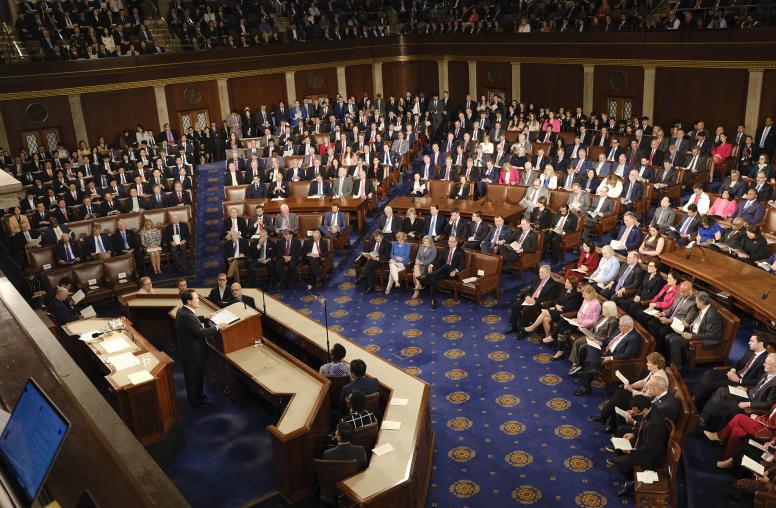The U.S.-India Civil Nuclear Cooperation Initiative: Implications for South Asian Security and Export Control Regimes
On March 2, 2006, the United States and India signed a historic as well as highly controversial agreement on civil nuclear cooperation. The “U.S.-India Nuclear Deal” has significant consequences for U.S.-Indian relations and South Asian security. It also raises important questions for the future of existing non-proliferation and export control regimes. Our panelists will offer their perspectives on these questions as well as personal insights on the U.S.-Indian negotiations.
Speakers
- Dr. Anupam Srivastava
Director, Asia Program, Center for International Trade and Security | University of Georgia - Dr. Seema Gahlaut
Director, South Asia Program & Sr. Research Associate, Center for International Trade and Security | University of Georgia - Dr. David Albright
President | Institute for Science and International Security (ISIS) - Commentary by:
Salman Haidar
Senior Fellow, Jennings Randolph Fellowship Program | U.S. Institute of Peace



